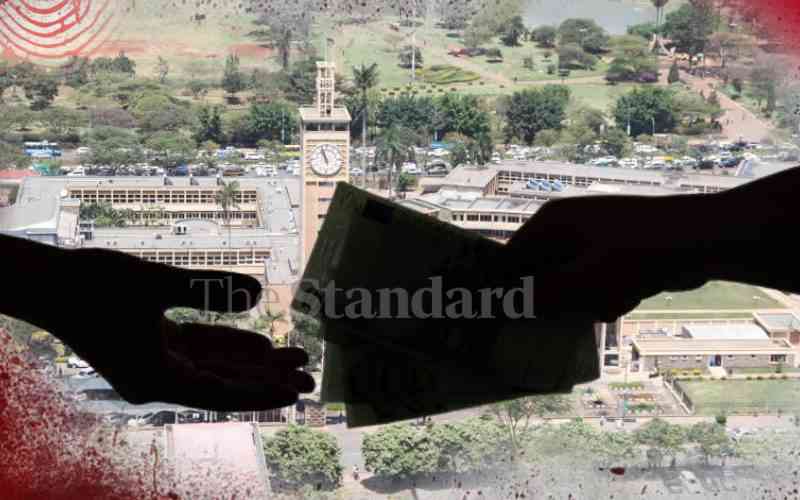×
The Standard e-Paper
Join Thousands Daily

After a rigorous political winnowing process, the dust is settling from the commotion caused by publication of the political parties' nomination lists for various seats by the electoral commission.
The unholy ingredients of money, sex and bloodline were major determinants in securing party nomination to Parliament or the County Assembly.